The higher doctorate in music is the Doctor of Philosophy, or Ph.D., degree. It is awarded for scholarly publications and a substantial portfolio of compositions. Universities in the United Kingdom, Ireland, and some Commonwealth countries award this higher doctorate. Applicants must be a member of the Royal Academy of Music in order to be considered for this degree. A typical Ph.D. program lasts four years. To obtain this degree, applicants must be at least 35 years old.
The typical duration for completing a Ph.D. in music depends on the program and whether you will be studying part-time or full-time. Full-time candidates complete the program in three to four years, while part-time students generally complete the program in five years. A doctoral student must complete the dissertation and perform a major recital of original works in order to obtain their doctoral degree. The following are a few important details about pursuing a Ph.D. in music:
Entrance examinations: The requirements for admission to a Ph.D. in music program vary depending on the university. Most universities conduct an interview process for candidates applying to the program. The applications for admission are available on the university website or through the Admissions Office. Applicants must fill out the application form accurately using existing documents. The application can also be completed offline, but candidates must be sure to provide accurate information and submit all the required documents.
Ph.D. in Music Eligibility
Candidates who want to take admission in Ph.D. must have a post-graduate degree in Music and its relevant discipline with at least 55% marks from a recognized university and must have passed the national level entrance examination or university level entrance examination. National level entrance exams like UGC NET / UGC CSIR NET / GATE / SLET or University entrance exams consist of written tests and personal interviews.
The Benefits of a Ph.D. in Music
Choosing a doctorate program is not for everyone, but for those who love the art of composition and want to become a music professors, it may be the best choice. Ph.D. programs are generally more research-oriented than teaching-oriented, so they take more time to complete. Nonetheless, full-time Ph.D. candidates can complete the requirements in about three to four years. Part-time students, on the other hand, will need about five years to complete the program.
The doctorate program is a research-based course based on a wide range of topics. The Ph.D. in Music focuses on recent musical works, historical musicology, and composition. It also focuses on leadership and research skills. Students can choose from a variety of interesting careers - from performance artists to university professors to composers. However, obtaining a Ph.D. in Music is not a cheap pursuit. As a result, students should do their homework and look for scholarships and grants that will cover their tuition costs.
A Ph.D. in Music can open up many doors. It can lead to a career as a musician, a university professor, or a performer. Depending on where you're interested in working, a Ph.D. can be your best option. Financial aid for a doctoral degree in music is available at a number of different institutions. Therefore, before selecting a program, make sure to review the financial aid offered by potential schools.
The Career and Job Opportunities of a Ph.D. in Music
After graduating with a doctorate in music, you can pursue a number of careers. A doctorate in music can open the door to administrative positions, music teaching, and music composition. You may also choose to work in broadcasting, journalism, or talent agencies. The possibilities are endless. You can even work as a concert pianist. A Ph.D. in musical interpretation can open the door to working internationally as a concert pianist or conductor.
After earning a Ph.D. in music, you can pursue a variety of careers. You can become a teacher or perform in various contexts. At UNT, Ph.D. students can teach in UNT's Early Childhood Music Program, Start Up the Band program, and Adopt a Singer program. Faculty have published multiple academic articles and books, presented at national and international conferences, and are active in community outreach programs. If you're thinking about a career in music, there are many options available to you.
The program takes two to four years to complete and focuses on advanced studies in music. Graduates of this program should have extensive knowledge in all aspects of music. The coursework is often very broad, and many students choose electives based on their interests. Some programs offer specializations in performance, songwriting and composition, music therapy, and interpretation. These are just a few of the different career paths you can choose to pursue after graduating from the program.
The Future Scope of Ph.D. in Music
The Ph.D. in Music is designed for individuals with a long-term goal of scholarship. This degree program emphasizes an in-depth exploration of key intellectual issues and theoretical directions in the study of music as a cultural practice. Upon completion of the program, students will be prepared to conduct a major research initiative on their own. After completing the program, students may apply for a faculty-supervised fellowship.
The program is typically three to five years in duration. It prepares the graduate to teach secondary or post-secondary music classes. However, graduates can also pursue opportunities in sound design, sound engineering, and music technology. This degree prepares individuals to become leaders in their field. The future scope of this doctoral program in music is as diverse as the future of the discipline. The following are some common career paths for those with a Ph.D. in Music.
After graduation, a Ph.D. in Music prepares a student to teach secondary and postsecondary music classes. After completing the program, a graduate may look into other career options related to music, such as sound engineering, sound design, and music production. There are many other fields of study that can be opened up by this advanced degree. Once a candidate completes this degree, their future is endless.
Ph.D. Research Program duration
The Ph.D. in Music course is a minimum of 3 years and a maximum of 5 in duration. This depends on the university offering the course.
Fees for research program for Ph.D. in Music
The average fee for Ph.D. in Music degree is between INR 50000 and INR 500000.
 5 Years
5 Years
 PhD
PhD
 Research
Research








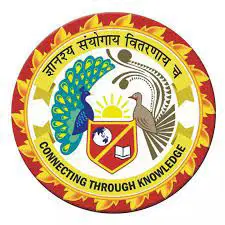



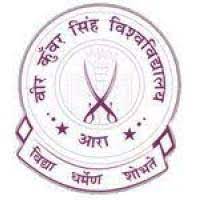


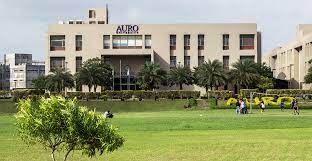


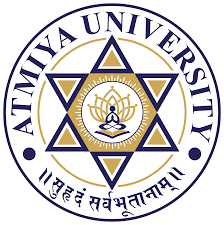







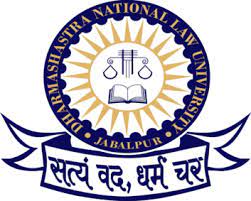


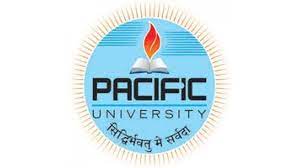

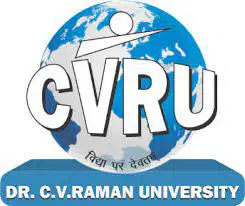

 back
back